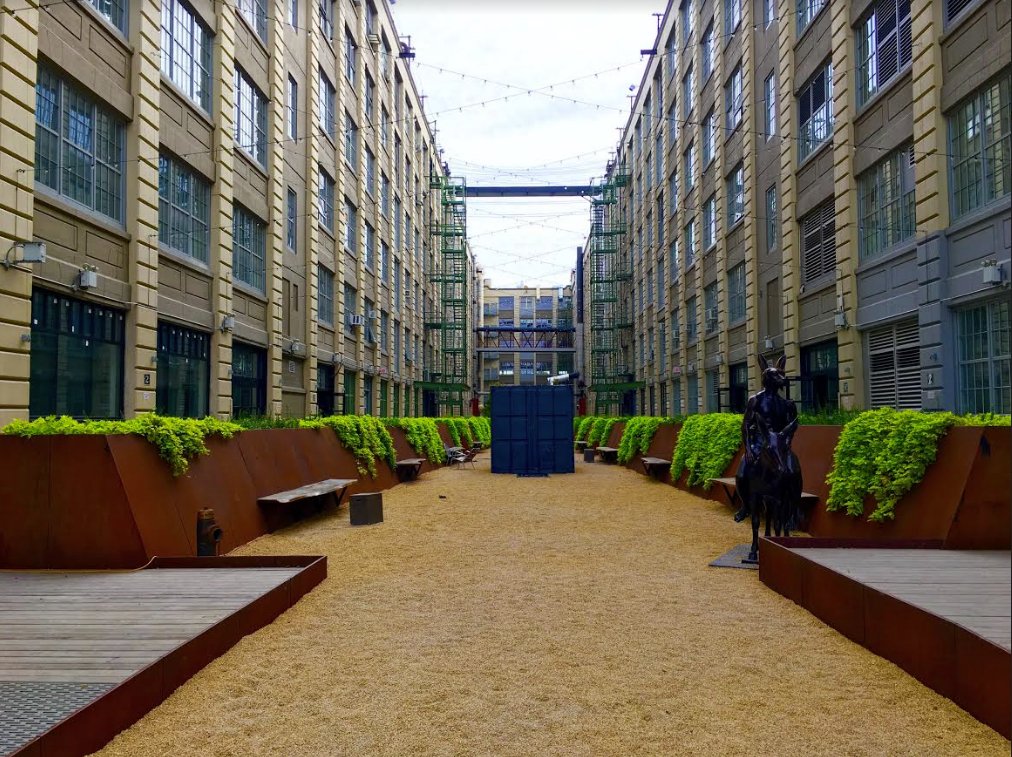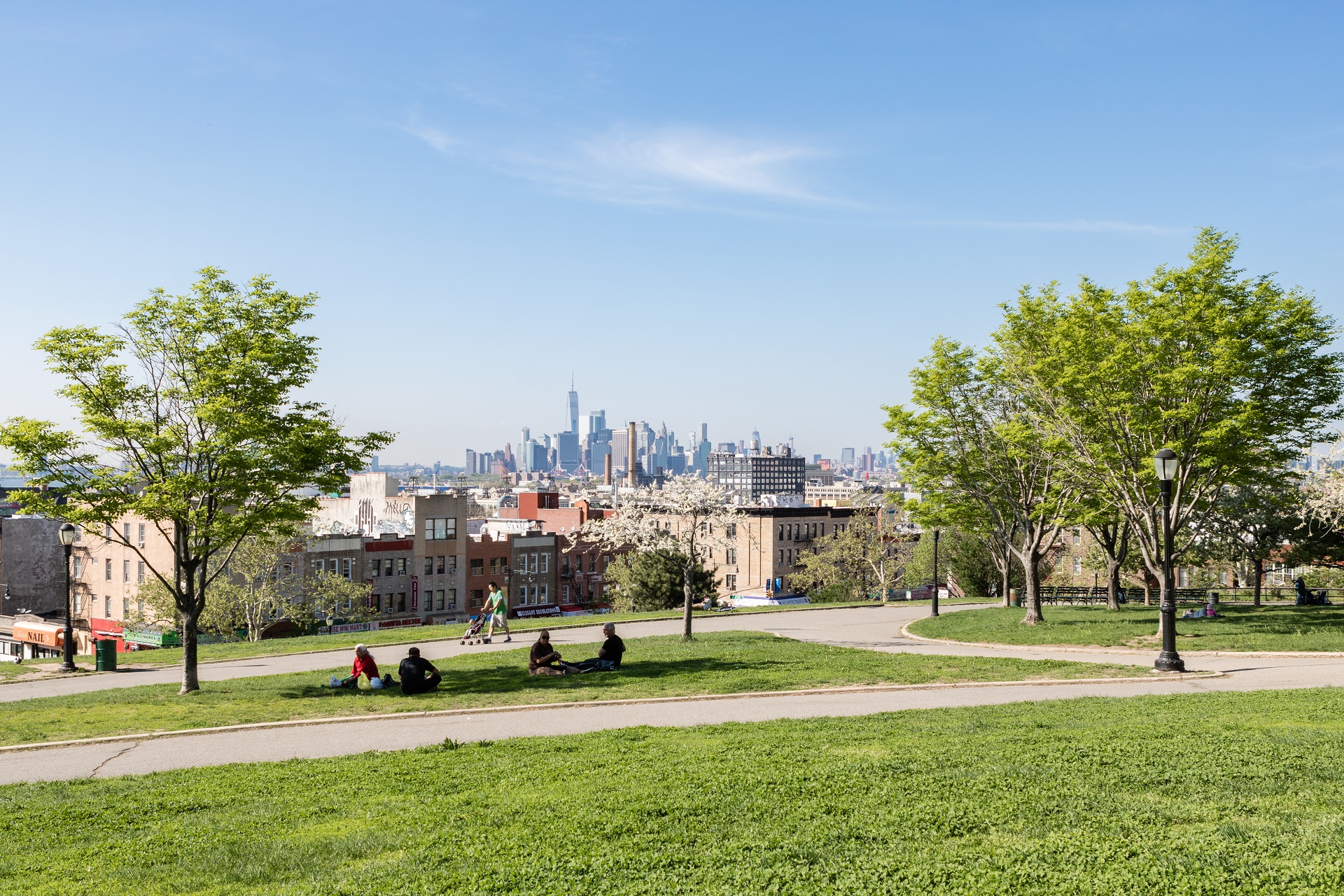One politician could decide the fate of Industry City’s rezoning
Councilmember Menchaca "holds all the cards."

Industry City. Eagle file photo by Lore Croghan
A redevelopment process that has been debated for months with broad implications for one of New York City’s most diverse neighborhoods will come down to the decision of a single person.
Councilmember Carlos Menchaca, who represents Sunset Park, will have the final say on whether to kill or approve Industry City’s rezoning application, a proposal that seeks to transform the waterfront industrial site into an “innovation economy” hub characterized by makers, creatives, retailers and academic spaces.
At a Community Board 7 meeting on Wednesday — held to discuss Industry City’s ULURP application — George Janes, an urban planner and zoning lawyer, stressed just how much power Menchaca wields.
